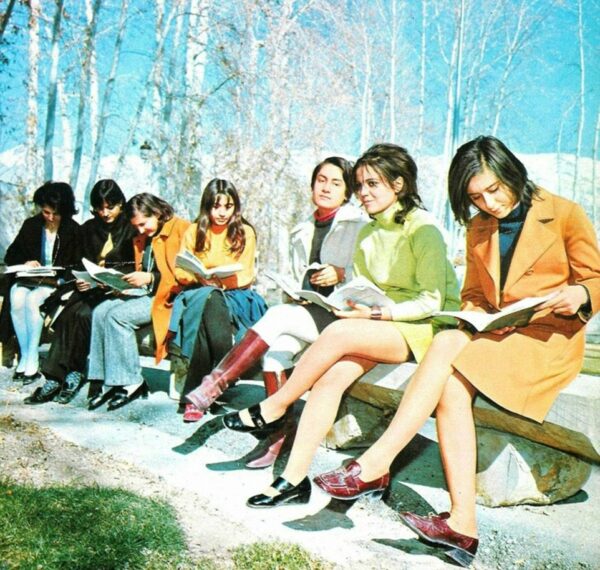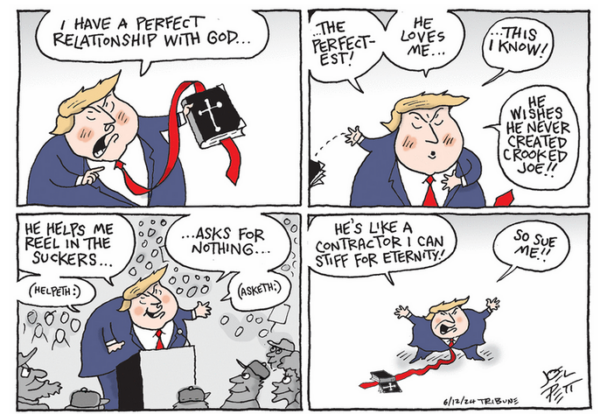Look out, Florida, here we come!
🚨 🚨
BREAKING
Thanks to one of the most Herculean grassroots advocacy efforts I’ve ever seen, along w incredible support from so many to ensure filing fees were paid, there IS a QUALIFIED/VERIFIED Democratic candidate for EVERY state house and senate district in Florida
— David Pepper (@DavidPepper) June 14, 2024
As the saying goes, hell hath no fury like Democrats who have been subjected to corruption and abuse of power for close to 10 years!
More of this, please.
Open thread.




